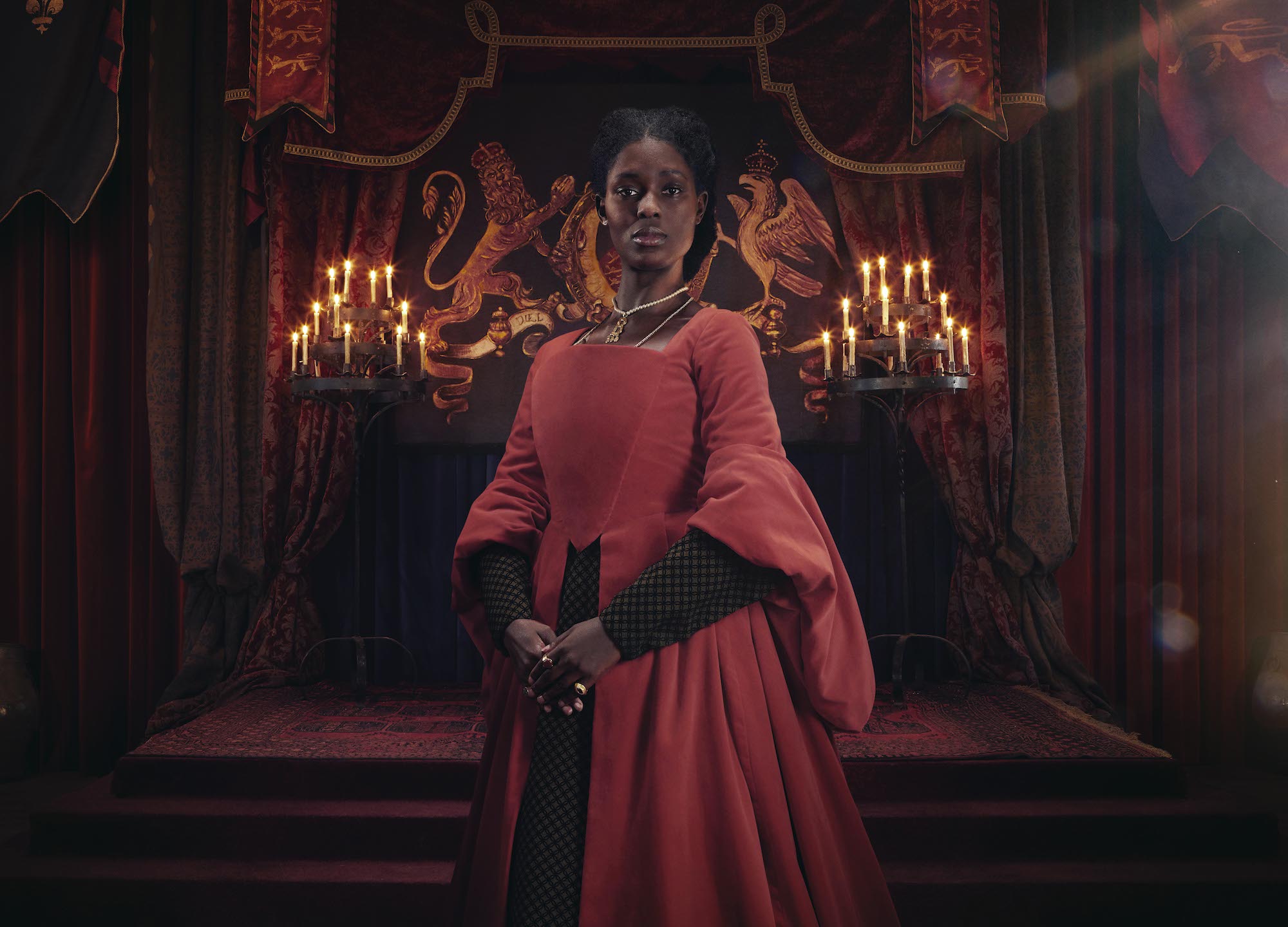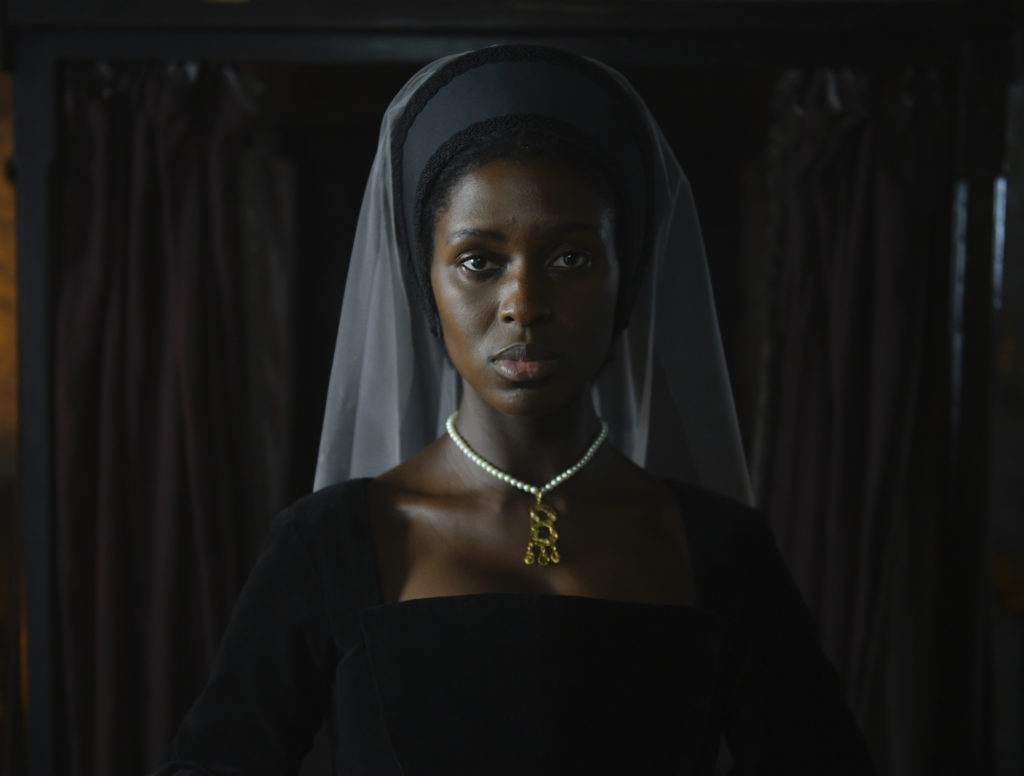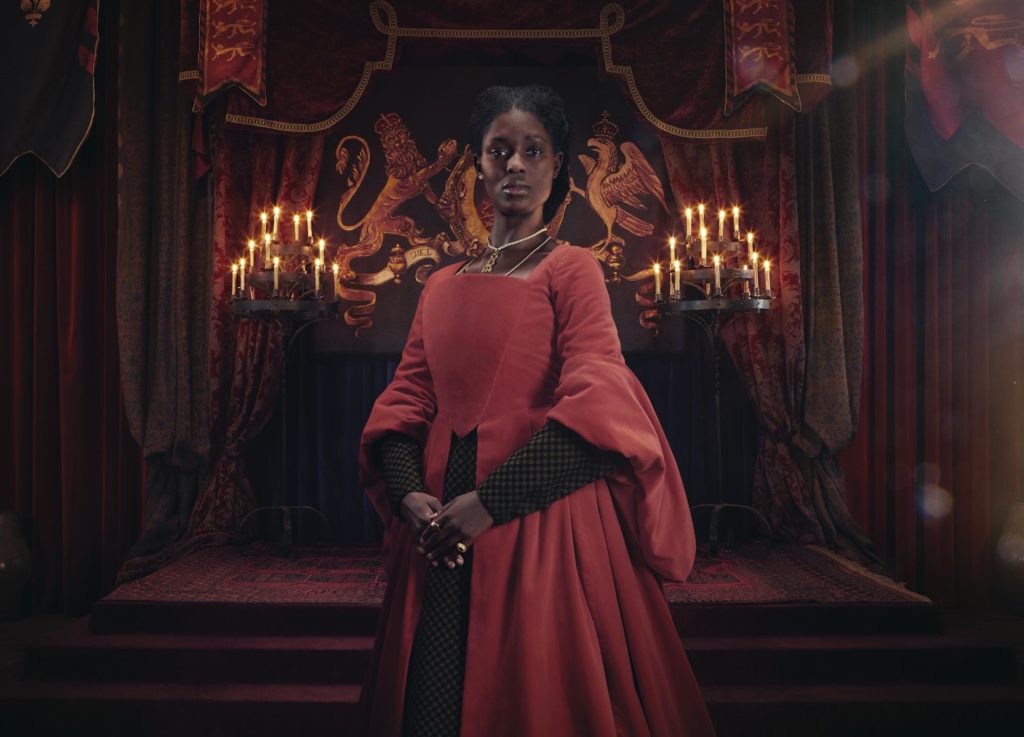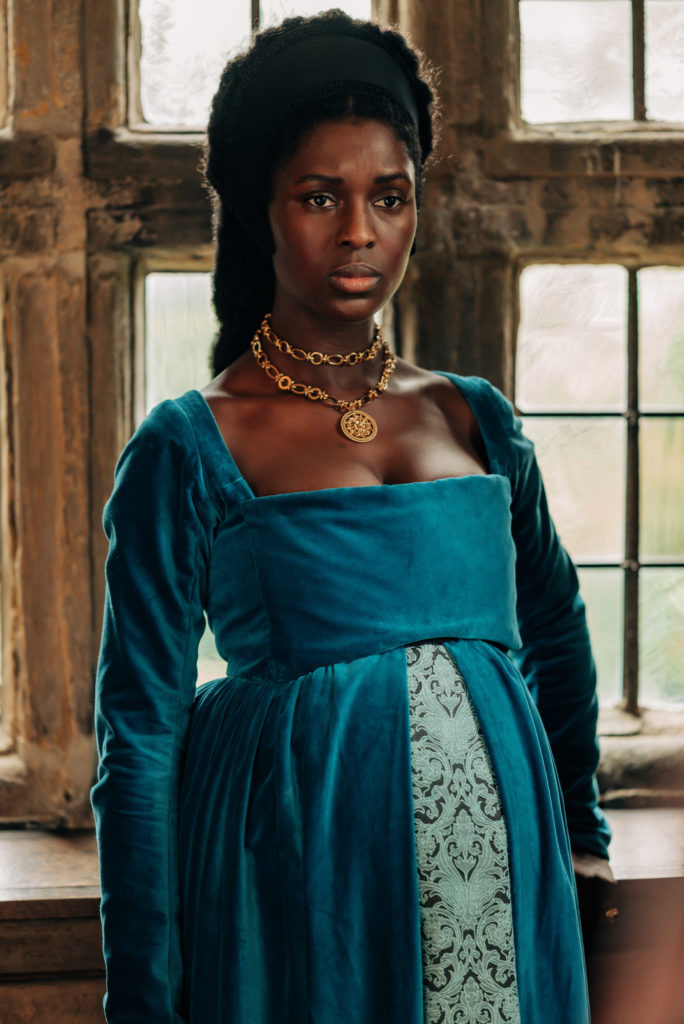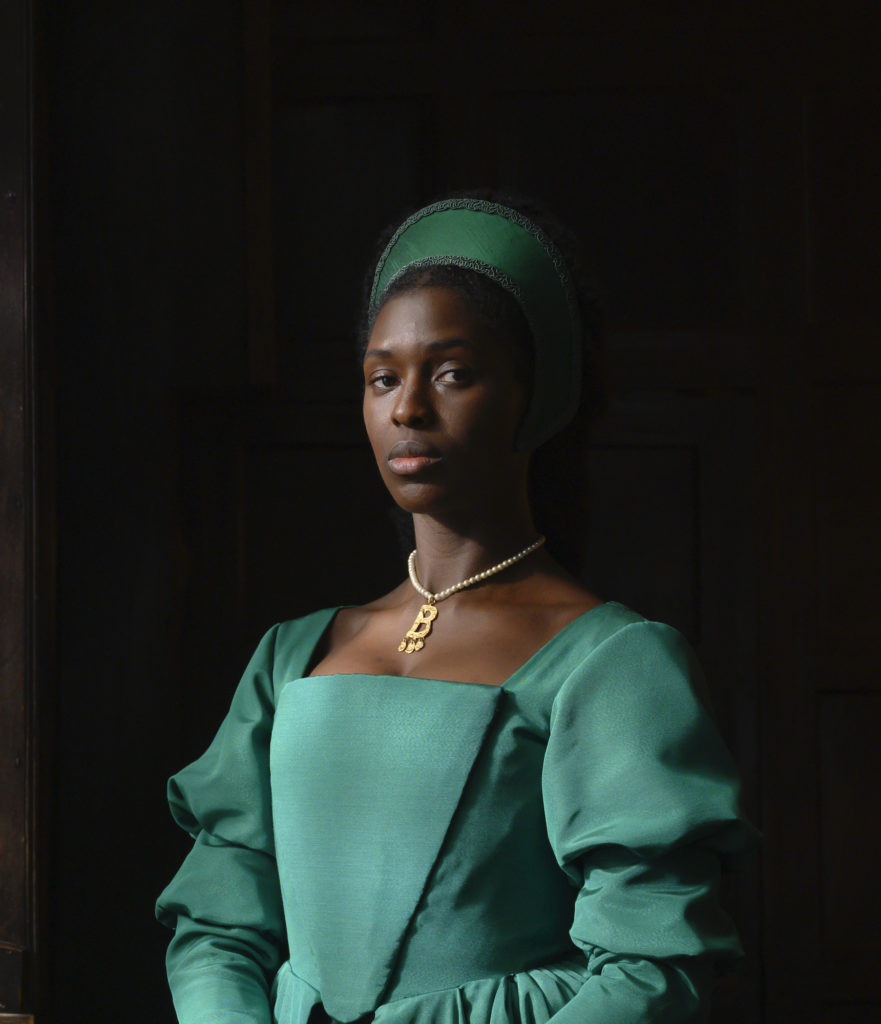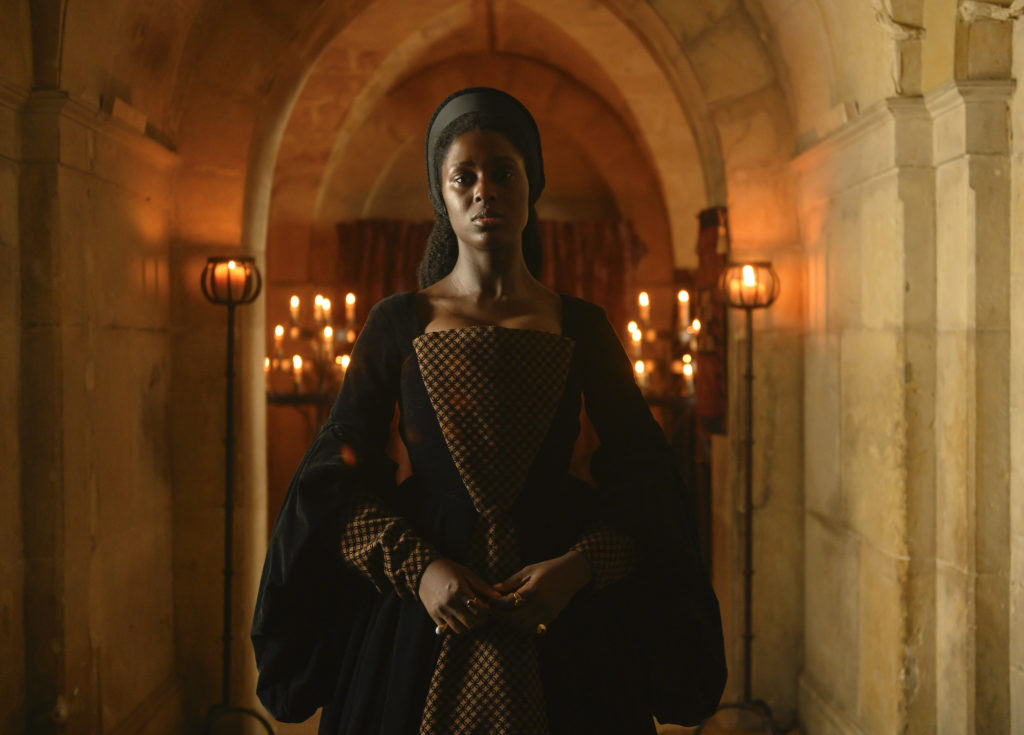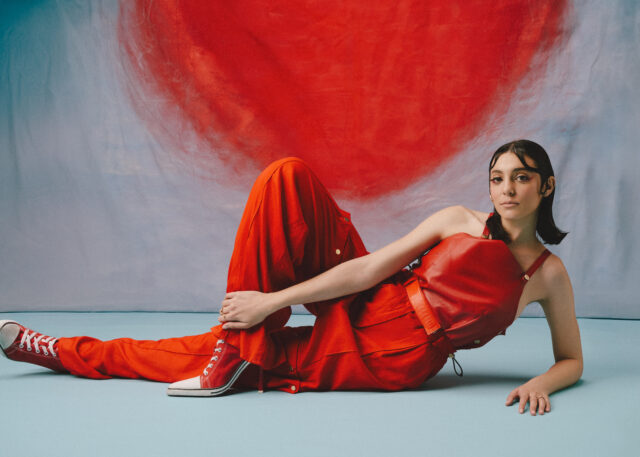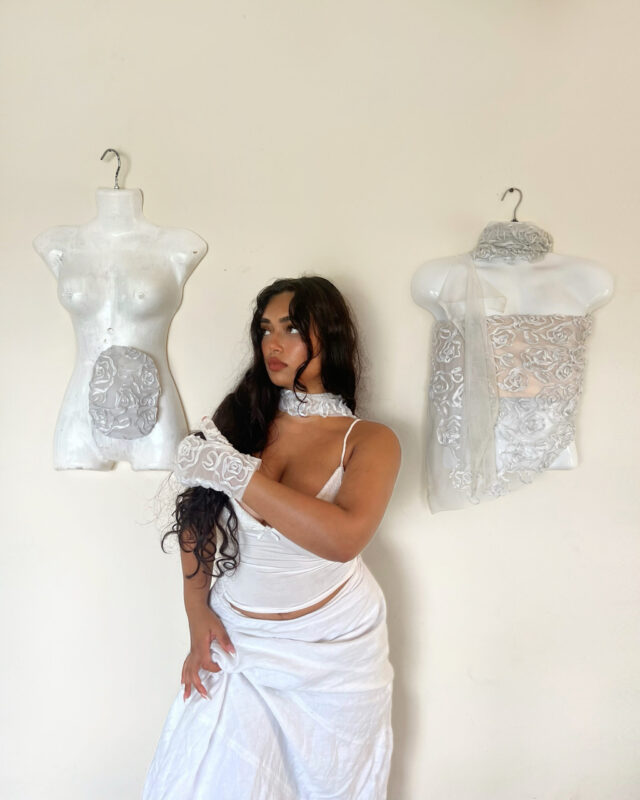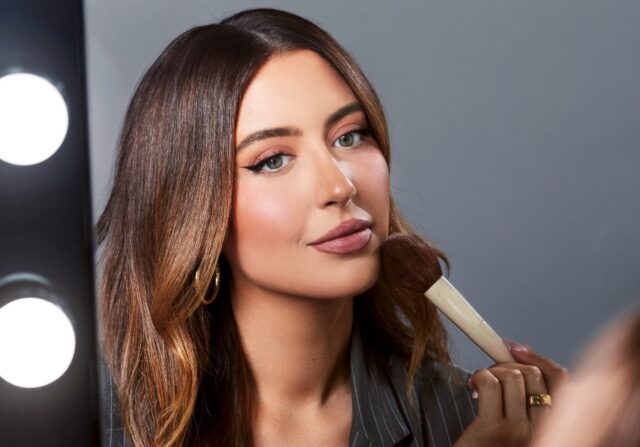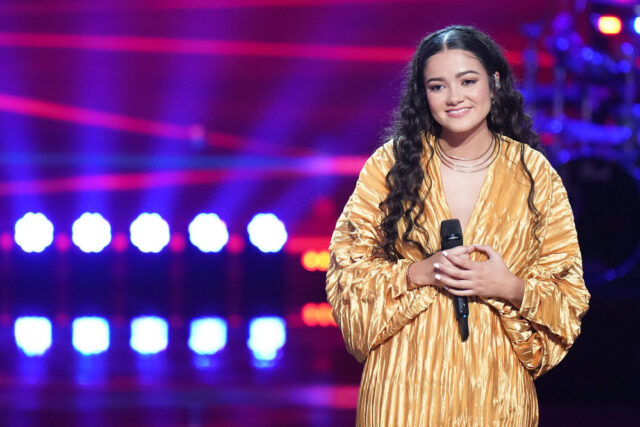INTERVIEW: Jodie Turner-Smith Captivates in Her New AMC+ Series ‘Anne Boleyn’
Jodie Turner-Smith is back in the new miniseries, Anne Boleyn, premiering on December 9 on AMC+.
The incredible British-Jamaican actress best known for roles opposite Michael B. Jordan as Karen Greer in Without Remorse as well as Queen in the Lena Waithe–written thriller Queen & Slim, has now taken on another awe-inspiring portrayal as the often misunderstood second wife of the most famous British King to live, King Henry VIII in AMC+’s Anne Boylen.
Anne Boleyn is a refreshing take on a story of Anne’s final months before her execution as she fights for her daughter’s right to the throne. The series is long overdue and her story is reexamined, as 1500’s history books and record-keeping remained predominately written by men, ostracizing the voices of women and their plights for power.
Anne Boleyn boasts predominately female-led creators giving a different take than the one often attached to the wife and mother accused of treason, infidelity, and ordered beheaded by her very own husband. The history books have not been kind to the shaping of the narrative that surrounds Anne Boleyn.
King Henry at the time made sure to destroy any artifact or memory of Anne which really makes one say, “Hmm,” when considering that she really never had any privacy as Queen. Boylen was accused of cheating on her husband numerous times along with accusations of incest with her own brother who also was sentenced to death, only to be followed by Henry taking on his then adulterous lover as his wife. Convenient is an understatement.
Turner-Smith is stunning and stoic in this role, as the creators cast the series without regard to race, with Jodie being a Black-Jamaican actress playing Boleyn, a white British monarch. The identity-conscious casting is a hint that this isn’t your grandfather’s Anne Boleyn and that history needs to be shaken up and disrupted to give another side to the important stories of women, especially throughout history when women were literally silenced with death for their political and social views. Anne was a politician and fought for the rights of women which at the core is why she was so viciously taken out.
The series was written by Eve Hedderwick Turner, directed by Lynsey Miller, and produced by BAFTA Nominated Fable Pictures. Hannah Farrell and Faye Ward are executive producers as well as Dan Jones who is also the historian behind the project.
Jodie not only brings her amazing talent and presence to the screen but she’s donned in an incredible 16th-century wardrobe created by costume designer Lynsey Moore. Mark Stanley (Game of Thrones, Criminal: UK) stars as Henry VIII, one of the most famous Kings in British history who takes a back seat to Anne this time as the creators show an original view from her eyes. Boleyn was strong, political, sexual, and calculated at her attempt at survival for not only herself but for her daughter Elizabeth I who went on to become one of England’s greatest monarchs to ever live.
Filmed on location in Yorkshire, the cast includes Emmy and BAFTA Award-nominated Paapa Essiedu (Gangs of London, I May Destroy You) as Anne’s brother and Tudor nobleman George Boleyn, and Lola Petticrew (Bloodlands, Dating Amber) as Anne’s love rival, Jane Seymour.
The series also stars Barry Ward (Des, White Lines) as King Henry VIII’s closest and most powerful advisor, Thomas Cromwell, Jamael Westman (West End’s Hamilton) as Jane Seymour’s ambitious brother Edward, Amanda Burton (Marcella, Silent Witness) as stoic Governess, Lady Anne Shelton, and Thalissa Teixeira (Ragdoll, Too Close) as Anne’s loyal confidante and cousin Madge Shelton.
Read on for more on this intriguing series from Jodie Turner-Smith with a deeper dive into this fresh take on Boleyn, the female-led creators, her costar, and what’s next for her vibrant career.
NIKKI: You’re playing such a powerful role; the second wife of the most famous British king to live, King Henry VIII, as well as being the mother of Elizabeth I, which is such a complex story. Can you first tell us how you landed the role of Anne and what the audition process was like for you, if any?
JODIE: Basically, the filmmakers approached me about playing this role. This was shortly after I had just had my baby, so I was really interested in what felt to me, like a story about motherhood. There’s something about that raw feeling after having just given birth; you kind of see the parallels everywhere.
Anne Boleyn is a woman who was essentially living in a time when women were very much valued by their ability to be able to give birth and provide heirs when women were really limited in many ways. Women have to figure out how to take power in their own ways. So the story kind of appealed to me because I saw it as a story of a woman trying to survive in her time when they told me about it and what they planned to do with it. I thought it was so interesting that they wanted to go an unconventional route into the storytelling by doing the identity-conscious casting, and I decided to come on board.
NIKKI: Anne suffers quite a bit, with the infidelities of her husband, the miscarriages, the rumors, and the concubines. How does she use the power that she has, engulfing all of this pain, to fight for her daughter’s right to the throne?
JODIE: We don’t have any real records of Anne Boleyn and her own works. We only have what everyone else has written about her, which is what makes her this sort of fascinating and, in some ways, this serious character. Choosing to kind of tell the story in the way that we did, we thought, “What about understanding her, trying to understand her as a woman whose ambitions really stemmed from her desire to make sure that her children would be safe?”
So that was something, and also I think what was so groundbreaking about Anne Boleyn is that she wanted to make sure that women had a seat at the table. She was politically involved. She was involved in moving the culture forward, and this was kind of unheard of. So you have to sort of ask yourself whether some of the hate that she gets has more to do with the fact that she was so ambitious in that way that she wanted not only to legitimize herself but to legitimize her daughter, who then eventually went on to be one of England’s greatest monarchs.
NIKKI: We see that in this real-Life rival with Thomas Cromwell, who was the adviser to King Henry. What can you tell us about that: playing that part that rivals Cromwell and having to be calculated and dodging through his takedown of her?
JODIE: I think in those times if you weren’t calculating, you died. We all sort of look at it as a negative being in terms of how calculated she was, but you know, it was the smartest way to survive, to think on your feet. At a certain point, Thomas and Anne weren’t enemies. They weren’t always enemies. But I think at the point in which it was more convenient for him to get rid of her, he moved to that side of things. And again, I feel at least in the way that we told the story, that it had a lot to do with the fact that she wanted to be so involved. She wanted womankind to have such a big say. She wanted to make so many changes that people felt like she was stepping outside of her lane and thus needed to be quieted.
NIKKI: You kind of touched on the fact that record-keeping in the 1500s and its interpretation tended to be overwhelmingly male, and the actions of women striving for power usually were described as “trickery.” Why is it important for women’s stories like this one to be told and reexamined by women? I know that you had a predominantly female-led team. So what was that like as well to have quite a few women behind the series?
JODIE: I think there are just certain nuances that are going to come from storytelling. When a woman is telling a woman’s story, it’s very easy for us to believe certain things based on who is the one who left the record, you know, and that’s really all history, right? In a way, what is recorded in the books then becomes the truth. But who was it recorded in the books by? You know what I mean? What was their agenda in recording it in the way that they did?
So when you have a group of women telling a story, I think they’re willing to kind of look beyond just what’s on the page and what’s said and look at what some of the facts are and then take those facts and run them through the lens of the nuances of how she would experience as female and say, “Well, actually, perhaps this was different then what I’ve always been told to believe it was.”
NIKKI: What were some of the highlights of working opposite Mark Stanley?
JODIE: Mark is so lovely. I mean, he’s just a really lovely human being, Just always wonderful to play with an actor who’s generous and giving and kind, but also to play with an actor who is confident enough to be able to hold space for the female story to be front and center. That’s what was really wonderful about working with Mark.
NIKKI: What can we expect next from you?
JODIE: Well, my film After Yang is coming out, which I did with Colin Farrell and that we took to Cannes, but we are also, I think, premiering that soon in the new year. I’m not sure if I can talk about the details of that, but then I am currently here in New York City working on a film called The Independent with Brian Cox, who is absolutely incredible. I’ve honestly been so lucky with all of the leading men that I have gotten to work with so far. So, yeah, that’s what’s coming up for me.
NIKKI: Exciting. Well, thank you so much for taking time out for Glitter Magazine, and we wish you nothing but the best and looking forward to hopefully chatting again soon.
JODIE: Thank you so much.
Make sure to tune in to the premiere of Anne Boleyn on December 9 on AMC+.
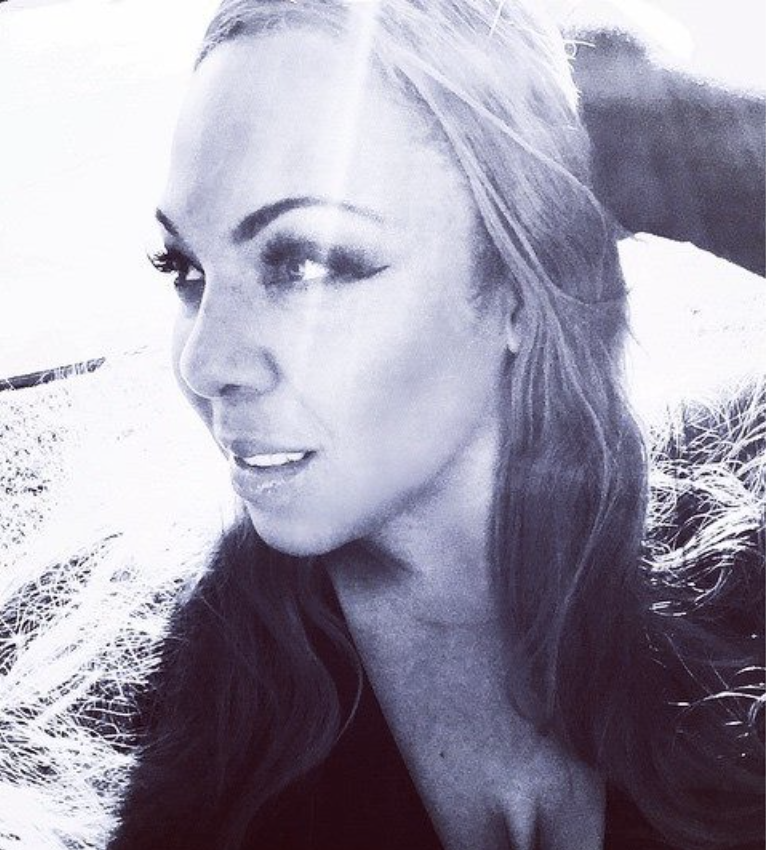
Award-Winning Publisher

